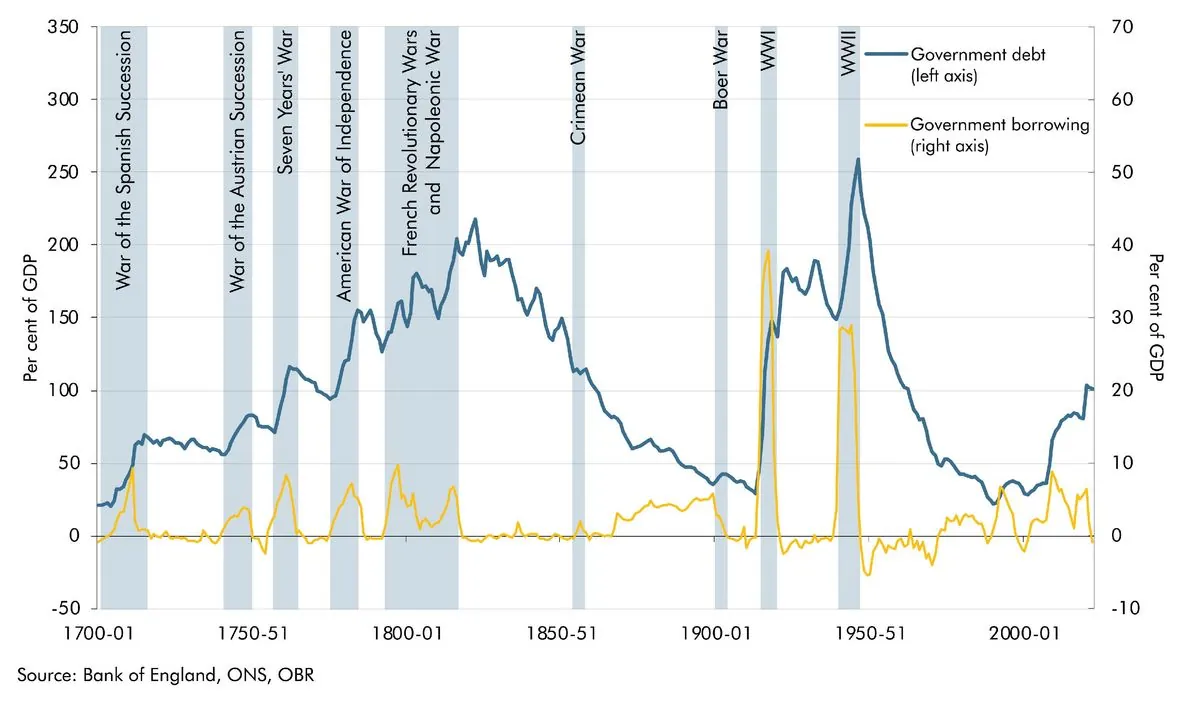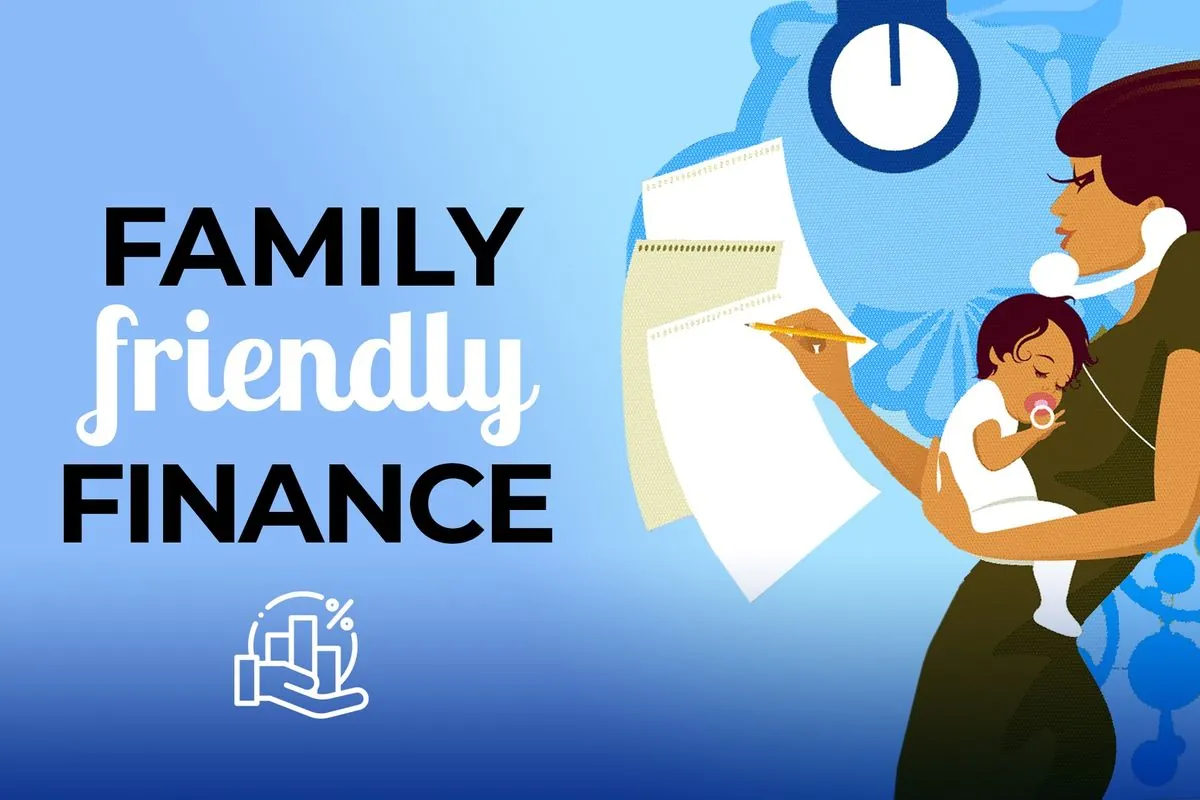Telegram to Share User Data with Authorities Amid Founder's Legal Troubles
Telegram announces policy change to cooperate with law enforcement, following founder Pavel Durov's arrest in France. The messaging app aims to combat illegal activities while balancing user privacy concerns.

Pavel Durov, founder and CEO of Telegram, has announced a significant policy change for the messaging platform. The app will now provide user data, including IP addresses and phone numbers, to authorities presenting valid legal requests such as search warrants. This decision comes in the wake of Durov's recent arrest in France on charges related to criminal activities facilitated through the app.
Durov stated, "While 99.999 per cent of Telegram users have nothing to do with crime, the 0.001 per cent involved in illicit activities create a bad image for the entire platform, putting the interests of our almost billion users at risk." The move aims to discourage criminal behavior on the platform, which has faced criticism for hosting extremist content and facilitating illegal activities.
Telegram, founded in 2013 by Pavel and Nikolai Durov, has grown to become a popular messaging app worldwide, particularly in Russia, Ukraine, and the Middle East. The platform's features, such as end-to-end encryption for secret chats and the ability to create groups with up to 200,000 members, have contributed to its widespread adoption.
However, these same features have also raised concerns about potential misuse. Telegram has been used by both Russian and Ukrainian forces for battlefield communications during the ongoing conflict. In response to security concerns, Ukraine recently banned the app on state-issued devices to prevent potential Russian espionage.

The policy change represents a significant shift for Durov, who has previously championed user privacy. After his arrest on August 24, 2024, at Le Bourget airport near Paris, Durov initially resisted the charges but later announced steps to address the concerns raised by French authorities.
On September 6, 2024, Durov revealed plans to modify Telegram's "people nearby" feature to prioritize legitimate businesses over potential scammers. He also emphasized the platform's commitment to improving moderation efforts.
Telegram's journey has been marked by both innovation and controversy. The app introduced features like Channels for one-way broadcasting in 2015, voice calls in 2017, and video calls in 2020. It has also faced bans in several countries, including Iran and China, due to concerns over its encryption and content moderation practices.
As Telegram continues to evolve, balancing user privacy with legal compliance remains a challenge. The platform's decision to cooperate more closely with law enforcement may help address some concerns, but it also raises questions about the future of privacy-focused messaging apps in an increasingly regulated digital landscape.
"We won't let bad actors jeopardise the integrity of our platform for almost a billion users."
With an estimated 900 million active users worldwide, Telegram's policy changes are likely to have far-reaching implications for both its user base and the broader landscape of digital communication platforms.


































